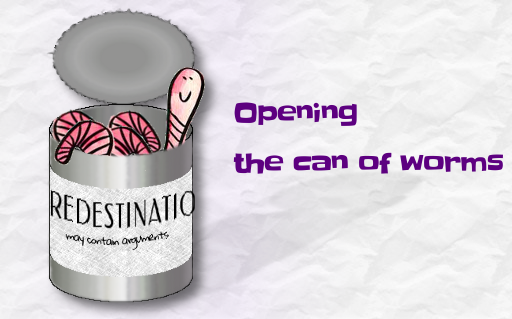Lent is just over. This period is associated with disciplines, generally giving up something like chocolate, caffeine, facebook…

My Lenten observances started off as in-jokes, generally involving France. This year, though, I couldn’t think of anything humorous to give up, so tried on a more “serious” Lenten discipline.
And over the course of this year’s Lent, I picked up a few things:
1. Lent is about yourself.
There are probably some heresy points in that statement, but I believe that when you embark on a Lenten discipline, it is not for the glory of God. It is about self-denial, or self-imposed discipline – in short, about yourself.
Some disciplines, like taking on a more intensive prayer routine, can be beneficial to your faith; but a simple discipline is, in its own right, not related to God: by being more disciplined, you are not made more acceptable in His sight.
What this means, practically, is that you can fail. Nibble on the odd bit of chocolate, make the odd innuendo, etc. But that failing to observe your discipline should not lead you to question your acceptance by God, or make you feel more unworthy. Nor should your success make you feel worthier.
So why do churches encourage Lent?
2. It is a great way to uncover and break free of addictions
When I’m addicted to something, I tend to pretend I’m in control and the addiction does not exist.
Giving up, say, innuendo for Lent, and realising how hard it is to change that behaviour highlights areas where, sometimes, sin has a hold over you*.
But I have found this Lent that it became easier to observe the discipline the further I went into Lent.
For that reason, I would encourage anyone observing a Lenten discipline they find difficult to keep up with to also keep it on Sundays.
3. It does make you look forward to Easter!
Probably not in the right way, though ;)
4. Finally, Lent is not just about giving stuff up.
Giving up being French for Lent may seem ridiculous. Okay, it is ridiculous. But the way it worked was, we had a Lentmug, where we’d put 20p at every failure to observe the disciplines we had taken on. The money would then go towards a charity.
Lent is about giving as much as it is about self-denial. What you give up sometimes leads to savings; and those savings can then be given.
That’s the spirit behind some initiatives like The Lent Experiment, where rather than giving stuff up, you are given every day two acts of kindness to choose from. I’ve tried to do it a few times, but always end up discouraged because I failed to look it up every day or just didn’t get around to it.
What have you learned this Lent?
—
* I call it sin because it has a hold over you. We should no longer be slaves to any of our passions (see Col 3:5)




